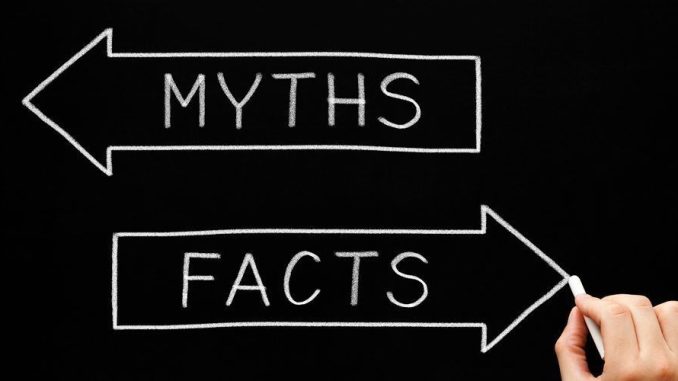
Health myths are prevalent in today’s society and can often lead to misinformation and confusion. It is crucial to separate fact from fiction when it comes to our health and well-being. Experts in the field have conducted extensive research to debunk some of the most commonly believed health myths.
Myth #1: Eating Carbs Causes Weight Gain
One of the most widespread health myths is that eating carbs will make you gain weight. However, experts state that not all carbohydrates are created equal. Whole grains and complex carbs like fruits and vegetables provide essential nutrients and energy for the body. It is the overconsumption of refined carbs like sugary snacks and white bread that can lead to weight gain.
Myth #2: Avoiding Fat is the Key to a Healthy Diet
For many years, fat was demonized as the enemy of a healthy diet. However, recent studies have shown that incorporating healthy fats like avocados and nuts into your diet can have numerous health benefits. Fats are essential for brain function, hormone production, and nutrient absorption. The key is to consume fats in moderation and opt for unsaturated fats over saturated and trans fats.
Myth #3: Skipping Meals Helps with Weight Loss
Skipping meals is often seen as a quick fix for weight loss, but experts advise against this practice. When you skip meals, your metabolism slows down, making it harder to burn calories efficiently. Additionally, skipping meals can lead to overeating later in the day and nutrient deficiencies. It is important to eat regular, balanced meals to support your overall health and weight management goals.
Myth #4: Detox Diets Cleanse the Body of Toxins
Detox diets have gained popularity for their promise to cleanse the body of toxins and promote weight loss. However, experts warn that these diets are often ineffective and unnecessary. The body has its own detoxification systems, primarily the liver and kidneys, that work to eliminate toxins naturally. Instead of following a strict detox diet, focus on eating a balanced diet rich in fruits, vegetables, and whole grains to support your body’s natural detox processes.
Myth #5: More Exercise is Always Better
While exercise is essential for overall health and well-being, more is not always better. Overtraining can lead to fatigue, muscle strain, and an increased risk of injury. Experts recommend listening to your body and incorporating rest days into your exercise routine to allow for recovery. Quality of exercise is more important than quantity, so focus on finding a balance that works for your body and fitness goals.
Conclusion
Health myths can be misleading and harmful if followed without proper research and understanding. By consulting experts and staying informed about the latest research, you can debunk common health myths and make informed decisions about your health and well-being. Remember to approach health information critically and always seek advice from healthcare professionals before making significant changes to your lifestyle.
